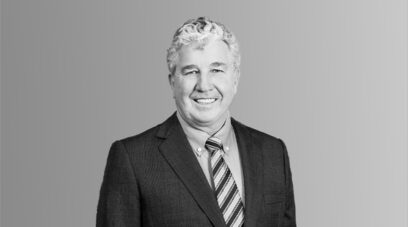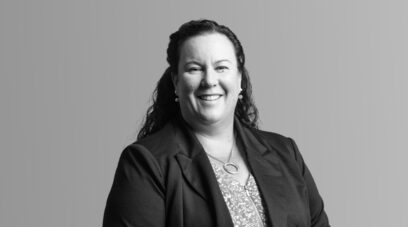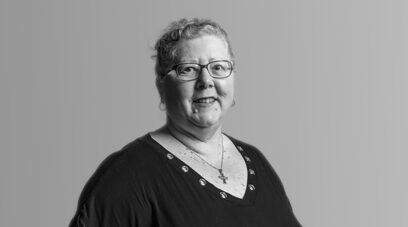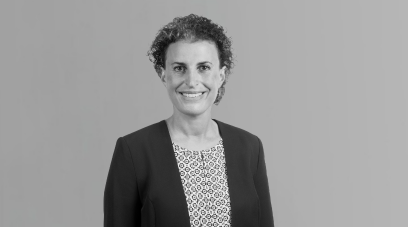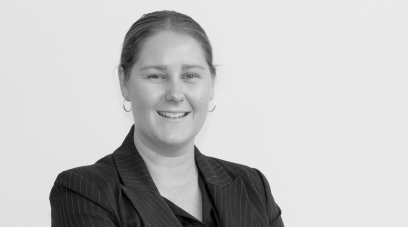Compensation to relatives claims - Stacks personal injury lawyers
Losing someone close to you is tragic and devastating. The situation can be made even more distressing if you were financially dependent on that person. If their death was caused by the negligence of another party, you may be able to claim compensation. Stacks personal injury lawyers can help you to determine whether you are entitled to pursue a compensation to relatives claim.
The amount of compensation that can be claimed on the death of a loved one depends on the circumstances of how the injury was sustained. This also affects the legislation which may apply, although compensation to relatives in New South Wales is mainly governed by the Compensation to Relatives Act 1897 (NSW).
A compensation to relatives claim can cover economic losses, including lost wages, earnings and superannuation. It can also cover medical and funeral expenses.
In addition, if psychological injuries – such as depression or post-traumatic stress - were sustained by you or by family members of the deceased as a result of the shock of your loved one’s death, you may be entitled to bring a compensation claim in your own right. This will be assessed similarly to a personal injury claim, with damages able to be claimed for economic and non-economic losses, as well as medical expenses.
The courts have a wide discretion afforded to them in assessing how compensation to relatives claims are assessed, in what can often be a difficult exercise. It is difficult to predict with any degree of certainty how a court may decide on the various pieces of evidence that make up a dependency claim. Stacks lawyers can help you decide the best methods to use in calculating a dependency claim, depending on your circumstances.
Stacks are “no win no fee” lawyers for many types of compensation claims. To find out more if that arrangement can apply to your claim, or if you need to speak to a personal injury lawyer about a compensation to relatives claim, please call us today.
To find out more about the types of personal injury claims that Stacks Law Firm can assist you with, please visit these pages:

